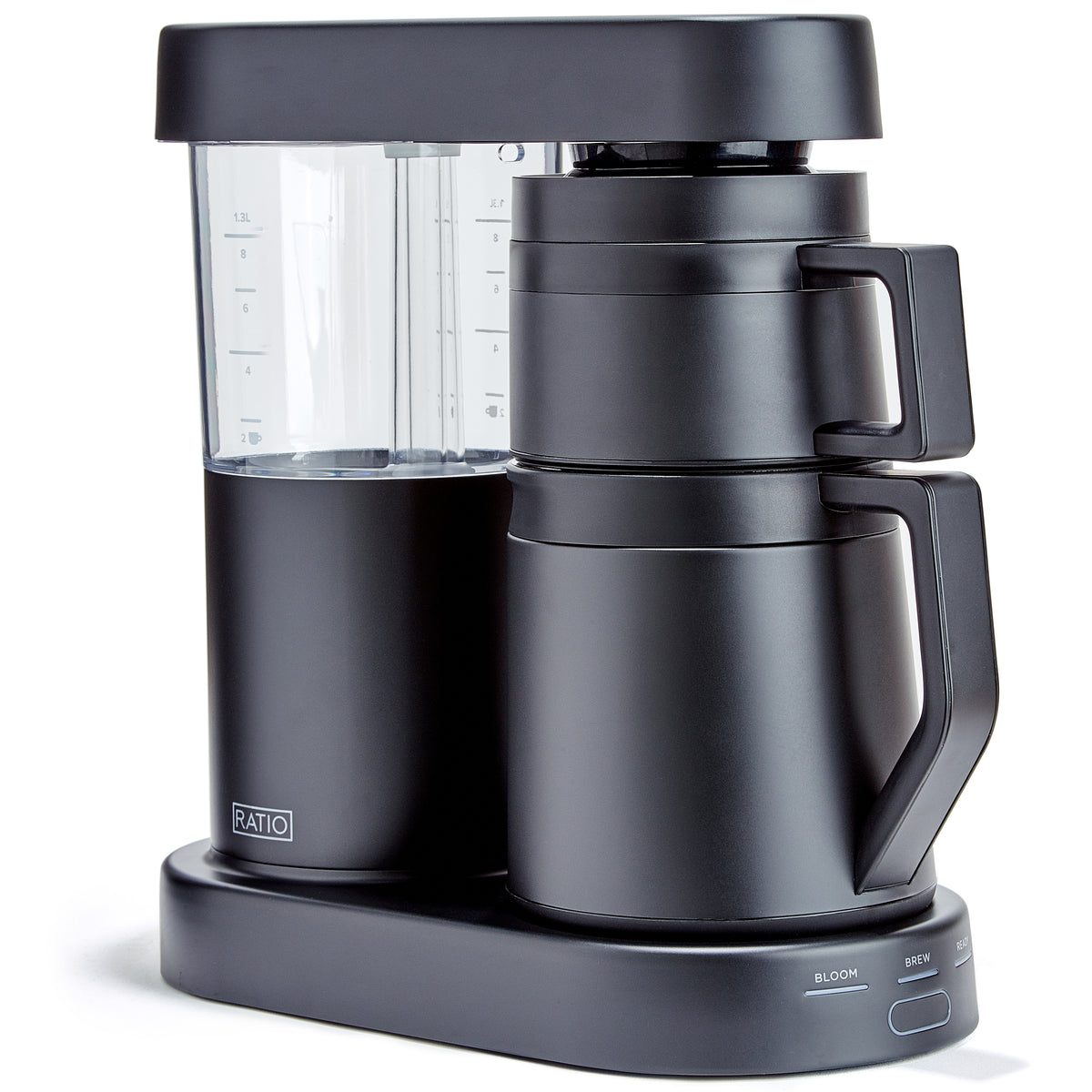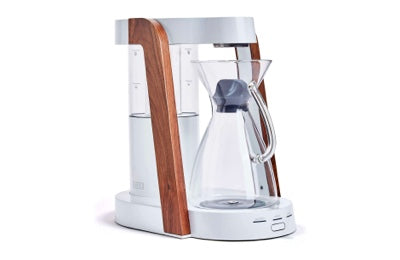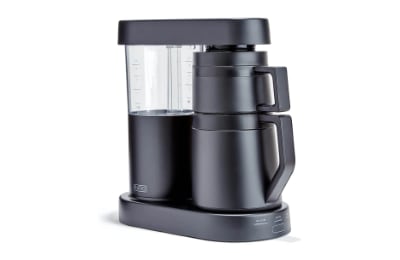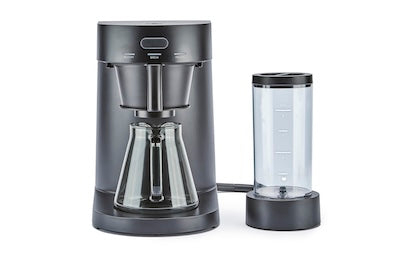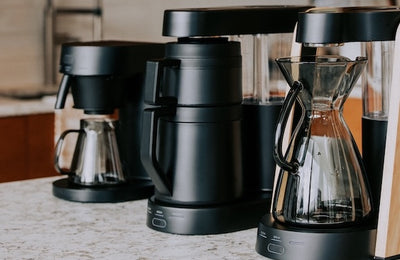Is Your Coffee Upsetting Your Stomach? Tips to Reduce Acidity
If you’ve noticed a queasy feeling in your stomach after that morning cup of joe, you’re not alone. Many coffee lovers experience discomfort, as coffee acidity might upset your stomach’s sensitivity. Understanding how to make coffee less acidic can prevent these unpleasant sensations. Start by choosing naturally low-acid beans or trying a darker roast, as they tend to have lower levels of acidity. Experiment with brewing methods such as cold brew, which results in a smoother, gentler taste on digestion. Trial and error, coupled with mindful preparation, can lead to a satisfying cup that lets you enjoy coffee without the stomach upset.
Understanding Coffee Acidity
Why does coffee acidity cause discomfort for so many people? Coffee's acidity refers to the bright, tangy flavor profile that can also lead to stomach upset. It's a result of organic acids, such as chlorogenic acids, naturally present in the beans. While acidity enhances flavor, it can irritate sensitive stomach linings, potentially leading to discomfort for some coffee drinkers. Understanding this can help you make informed choices about the coffee you consume.
Acidity levels in coffee vary depending on several factors, including bean type, roast, and brewing method. Arabica beans tend to have higher acidity than Robusta, and lighter roasts often contain more acids than darker ones. Cold brewing, which extracts coffee compounds more slowly, can reduce acidity, making it a preferable method if you’re trying to reduce coffee stomach upset.
If you’re wondering how to make coffee less acidic, consider experimenting with your choice of beans and preparation technique. Opting for low-acid coffee varieties might alleviate some of the discomfort associated with coffee acidity. Try different roasting levels, and observe their impact on your experience. This experimentation can pave the way to a perfect cup that's gentle on your stomach.
Incorporating natural additives can also alter the acidity level. Adding a pinch of salt, for instance, can neutralize some acids, making your brew easier to digest. Adding milk or non-dairy alternatives might help coat the stomach lining, providing comfort without significantly altering the coffee's flavor profile.
Pay attention to your body's signals; if coffee still leads to discomfort, it may require further adjustments in your routine. The key is to find a balance that allows you to enjoy your coffee without enduring any negative effects, enhancing your overall coffee-drinking experience.
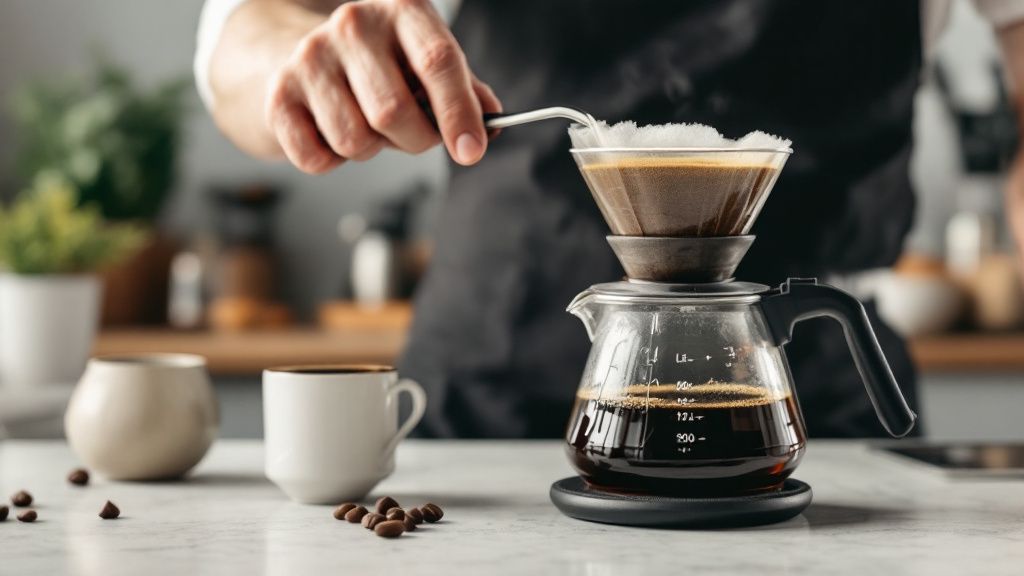
Adjusting Your Brewing Technique
When you want to minimize coffee acidity without sacrificing flavor, adjusting your brewing technique can be a game-changer. Think of brewing coffee as painting a canvas; each method adds layers and dimensions to the final masterpiece. Just like how the choice of brushes and colors can transform a painting, your choice of brewing method dramatically impacts the acidity and overall taste of your coffee.
Cold brewing is a popular technique to consider if you're aiming to reduce acidity. By steeping coffee grounds in cold water over several hours, you extract less acid, resulting in a smoother, mellower cup. This gentler process can significantly decrease the chance of coffee stomach upset, allowing you to enjoy your favorite beverage more comfortably.
Adjusting the grind size can also play a vital role. Coarser grinds tend to release fewer acids during brewing, especially with methods like the French press. This not only cuts down on acidity but also enhances the depth of flavor. Fine-tuning grind size to match your preferred method is an essential step in crafting a satisfying, low-acid brew.
The way you manipulate water temperature can further soften acidity's impact. Using water that's too hot might increase acid extraction, leading to a harsher taste. Aim for a balanced temperature to preserve the richness of flavors without overwhelming your stomach. By mastering these techniques, you can savor a delightful cup of coffee that’s perfectly customized to suit your digestive comfort.
Incorporating Dairy and Alternatives
Adding dairy or non-dairy alternatives to your coffee is not just about taste—it's a strategy to make it gentler on your stomach. Dairy products like milk or cream can buffer the acidity, helping to prevent coffee stomach upset. Proteins and fats in milk bind with some of the acids, reducing their impact while creating a smoother, richer texture that many coffee drinkers love.
What most people don’t see about incorporating dairy is the behind-the-scenes soothing effect it has on your digestive system. The calcium and proteins in milk have a mild neutralizing effect on acids, which can make a significant difference if you’re sensitive to coffee acidity. This simple addition can transform your daily coffee ritual into a more enjoyable experience.
For those avoiding dairy, plant-based alternatives like almond, soy, or oat milk offer viable solutions. These substitutes not only cater to dietary preferences but also help balance acidity in coffee. Each type has a unique flavor and composition, allowing you to customize your coffee’s taste profile while reducing the likelihood of stomach discomfort.
Exploring various dairy and non-dairy options provides an opportunity to enjoy a personalized coffee experience. By experimenting with different pairings, you can find the perfect match that complements your coffee while alleviating acidity-related issues. This way, you maintain the pleasure of indulging in your daily brew without any unwanted consequences.

Lifestyle Changes to Reduce Discomfort
Considering lifestyle changes can be an effective way to reduce discomfort from coffee acidity. On one hand, some people view their morning routines as sacred, unwilling to change their habit of drinking coffee on an empty stomach. Meanwhile, others argue that incorporating food before your cup can coat the stomach, reducing the risk of a coffee stomach upset by acting as a buffer against the acids present in coffee.
Staying hydrated is another simple yet powerful change. Drinking water before or after your coffee not only helps dilute stomach acids but also promotes digestion. This small adjustment can decrease the likelihood of any discomfort caused by coffee acidity, ensuring that you start your day on a positive note without sacrificing your coffee enjoyment.
Time of consumption might also impact your tolerance. If you are prone to discomfort, consider changing when you drink your coffee. For some people, enjoying coffee later in the morning or early afternoon—once your stomach is more prepared—may lead to less acidity-related discomfort. Experimenting with timing can reveal what works best for your individualized needs.
Lastly, maintaining awareness of your overall caffeine intake is key. Excessive consumption can magnify acidity issues, so balancing your coffee habits with other beverages can mitigate potential for distress. By tweaking these aspects of your routine, you can achieve a more harmonious relationship with coffee, maintaining both lifestyle satisfaction and digestive health.
When to Seek Professional Advice
Recognizing when to seek professional advice is crucial if you're experiencing severe discomfort from coffee consumption. If you notice persistent symptoms like chronic stomach pain, nausea, or other gastrointestinal issues, it's time to consult a healthcare provider. They can help determine if your discomfort is indeed tied to coffee acidity or if there might be an underlying condition that requires attention.
To make the most of your consultation, try keeping a detailed diary of your coffee habits, including the type, amount, and frequency of your intake. Note any symptoms you experience and their timing in relation to your coffee consumption. This information can provide valuable insights for your healthcare professional and help tailor their advice to your specific situation.
Over-the-counter remedies may temporarily relieve mild symptoms, but they should not replace professional guidance if your condition persists. A doctor can recommend personalized strategies or treatments to alleviate coffee stomach upset and explore any broader impacts on your health. Ensuring you obtain a professional perspective can be essential to maintaining both your enjoyment of coffee and overall well-being.
In some cases, adjustments in your diet or lifestyle might not suffice. A specialist can offer insights on whether symptoms are indicative of a more complex digestive issue, guiding you toward appropriate interventions and fostering a better understanding of how to make coffee less acidic and more enjoyable.
 Ratio Eight
Ratio Eight
 Ratio Six
Ratio Six
 Ratio Four
Ratio Four
 Compare Machines
Compare Machines

